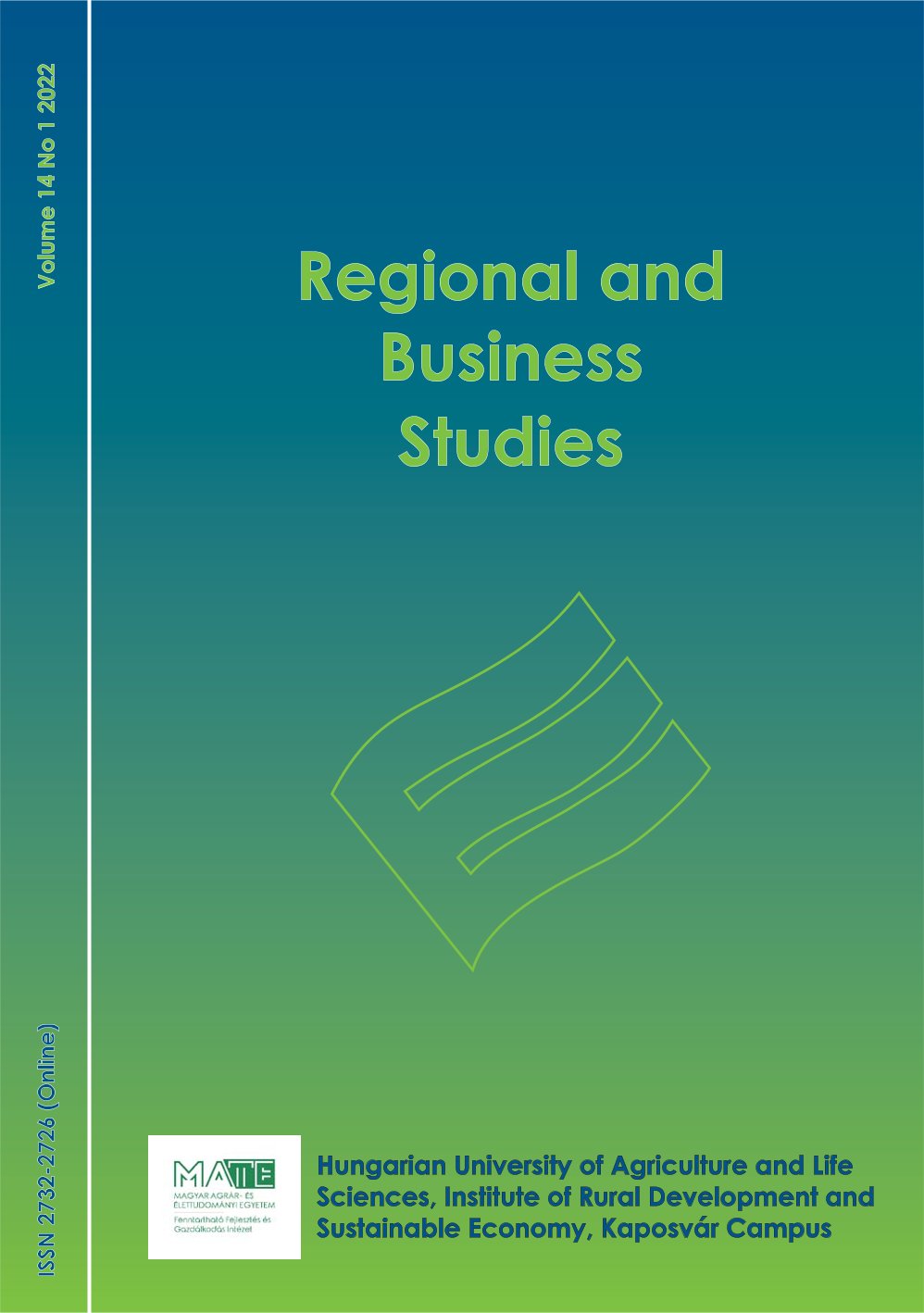Basic income: opportunities or problem?
DOI:
https://doi.org/10.33568/rbs.3289Keywords:
basic income, Universal Basic Income, welfare attitudes, social protection, public opinionAbstract
There has been an increase in debate over universal basic income in recent years, mostly related to the different welfare measures introduced in relation to the COVID-19 pandemic around the world, and because of the increasing relevance of labor market automation. In this study, our objective is to evaluate the attitudes of Hungarian citizens towards basic income, with a focus on its feasibility, as well as positive and negative effects. In order to accomplish this, we analyzed relevant international literature to draw up a questionnaire from studies, while also looking at background variables that potentially influence an individual’s attitude towards basic income. Results show that Hungarian citizens rather disagree about the feasibility of a basic income scheme in Hungary but they are a lot more agreeable with the EU-s capability to provide one (18.4% compared to 52%, respectively. Regarding its possible positive impacts, the most frequently mentioned items include reducing anxiety about financing basic needs, helping people return to education, and offsetting the effects of automation, while concerns about the idea of not being researched and tested enough, its effects on inflation, and its possible work-discouraging nature were listed as the most relevant negative effects.
References
Clark, C. M., & Kavanagh, C. (1996). Basic income, inequality, and unemployment: rethinking the linkage between work and welfare. Journal of Economic Issues, 30(2), 399-406. https://doi.org/10.1080/00213624.1996.11505803
Cseh, B., & Varga, J. (2020). Taxation and Humans in the Age of the Fourth Industrial Revolution – Financial and Ethical Comments. Acta Universitatis Sapientiae European and Regional Studies, 17(1), 103-117. https://doi.org/10.2478/auseur-2020-0005
Dalia Research (2017). The EU’s Growing Support for Basic Income. https://basicincome.org/wp-content/uploads/2017/05/DR-2017-survey.pdf
Dermont, C., & Weisstanner, D. (2020). Automation and the future of the welfare state: basic income as a response to technological change? Political Research Exchange, 2(1), 1757387. https://doi.org/10.1080/2474736X.2020.1757387
ESS Round 8: European Social Survey (2020). ESS-8 2016 Documentation Report. Edition 2.2. Bergen, European Social Survey Data Archive, Sikt - Norwegian Agency for Shared Services in Education and Research, Norway for ESS ERIC. http://dx.doi.org/10.21338/NSD-ESS8-2016
Friedman, M., & Friedman, R. D. (1962). Capitalism and freedom. University of Chicago Press.
Kangas, O., Jauhiainen, S., Simanainen, M., Ylikännö, M. (2019). The basic income experiment 2017–2018 in Finland. Preliminary results. Reports and Memorandums of the Ministry of Social Affairs and Health, 9, 1-30.
Kőmüves, Zs., & Szabó, Sz. (2021). A koronavírus probléma vs. lehetőség? Az országos KoronaHR kutatás részeredményei. Hadtudomány, 31, 173-185. https://doi.org/10.17047/Hadtud.2021.31.E.173
Lee, S. (2018). Attitudes Toward Universal Basic Income and Welfare State in Europe: A Research Note. Basic Income Studies, 13(1), 20180002. https://doi.org/10.1515/bis-2018-0002
Manyika, J., Chui, M., Miremadi, M., Bughin, J., George, K., Willmott, P., & Dewhurst, M. (2017). A future that works: AI, automation, employment, and productivity. McKinsey Global Institute Research. https://www.mckinsey.com/~/media/mckinsey/featured%20insights/Digital%20Disruption/Harnessing%20automation%20for%20a%20future%20that%20works/MGI-A-future-that-works-Executive-summary.ashx
Spence, T. (1982). The Rights of Infants (1797). In: Cunliffe, J., Erreygers, G. (Eds.) The Origins of Universal Grants (pp. 81-91). Palgrave Macmillan, London. https://doi.org/10.1057/9780230522824_8
Van Parijs, P. (2004). Basic income: a simple and powerful idea for the twenty-first century. Politics & Society, 32(1), 7-39.
Van Parijs, P. (2021). A short history of the Basic Income idea. https://basicincome.org/history
Van Parijs, P., & Vanderborght, Y. (2017). Basic Income – A Radical Proposal for a Free Society and a Sane Economy. https://doi.org/10.4159/9780674978072
Yonder Consulting (2018). Universal Basic Income Survey. https://yonderconsulting.com/poll-archive/universal-basic-income-survey.pdf
YouGov (2020). Results of the YouGov poll about UBI. https://www.wemove.eu/results-yougov-poll-about-ubi
Downloads
Published
Issue
Section
License
Copyright (c) 2022 Bence Végvári, Martin Gelencsér, Gábor Szabó-Szentgróti

This work is licensed under a Creative Commons Attribution-NonCommercial-NoDerivatives 4.0 International License.





